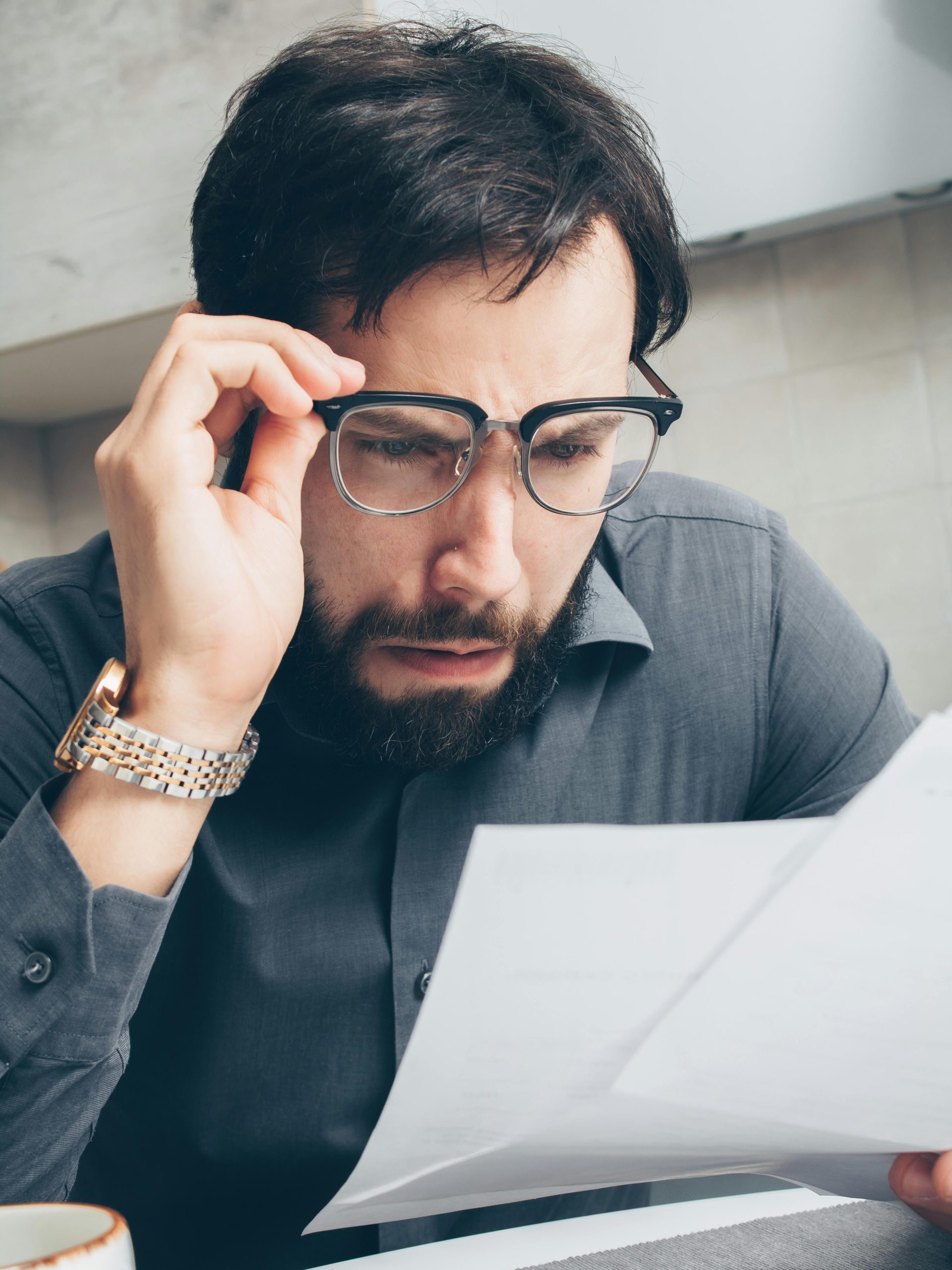Understanding Insurance Payouts After a Collision: Who Pays and How It Works
Navigating the intricacies of car insurance can be confusing, especially for newer drivers. One common question that arises after a car accident is: if another driver hits my vehicle and it ends up being declared a total loss, who is responsible for the insurance payout?
Typically, in situations where another driver’s negligence leads to an accident resulting in your vehicle’s total destruction, their insurance company is responsible for compensating you. The insurance provider of the at-fault driver will assess the claim and issue a settlement directly to you, covering the value of your vehicle as determined by an agreed-upon valuation process.
For drivers who are still learning the ropes—especially those who recently became car owners—it’s important to understand the key roles involved:
-
At-Fault Driver’s Insurance: This is usually responsible for paying damages in an accident caused by their policyholder. They process the claim, determine liability, and issue a payout for your totaled vehicle.
-
Your Role as the Vehicle Owner: While your own insurance may not be involved in the payout if you are not at fault, your policy could be necessary if you have coverage options like collision or gap insurance that might help in certain circumstances.
-
The Claims Process: After an incident, contact the at-fault driver’s insurance company with details of the accident. An adjuster will evaluate the damage and determine the payout amount. Once everything is settled, you’ll receive the compensation—typically either a check or a direct deposit.
Understanding these steps can help demystify the process and ensure you know what to expect if you ever find yourself in a similar situation. As someone new to vehicle ownership, taking the time to familiarize yourself with how insurance claims work will serve you well in protecting your interests on the road.



